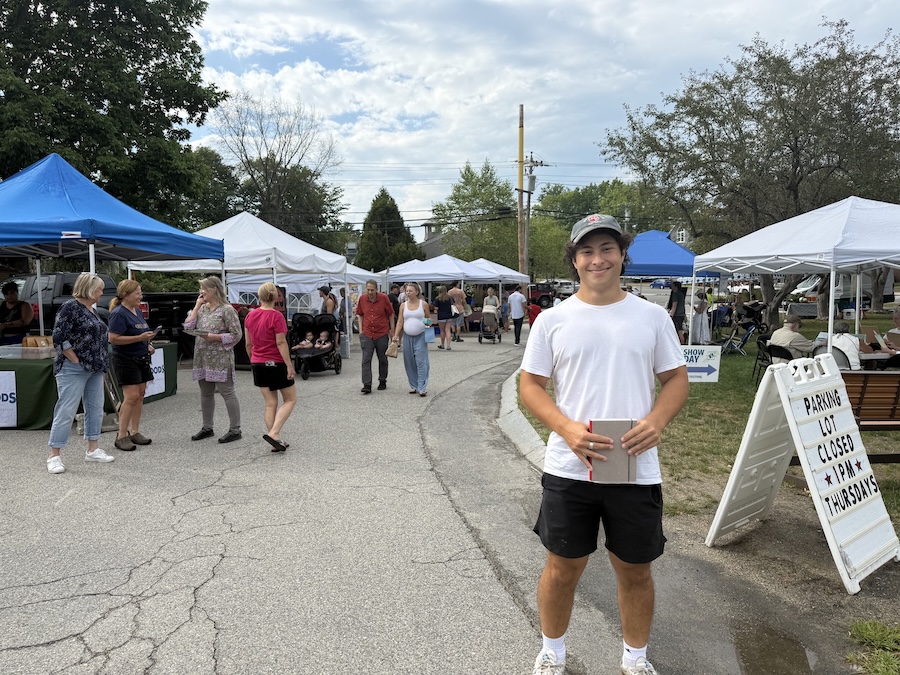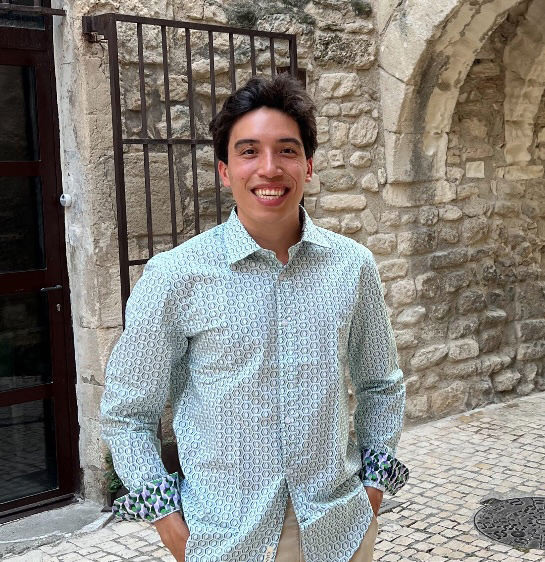Professor Matthew Klingle’s Diabetes Work Cited in Vanderbilt Study
By Tom Porter
His latest book project, Sweet Blood: Diabetes and the Nature of Modern Health (currently under contract with Yale University Press), explores how environmental and cultural factors have shaped the history of the disease from the nineteenth century to the present day.
Klingle’s scholarship has been cited in a major study by Vanderbilt University’s Cultural Contexts of Health and Wellbeing Initiative. With funding from the Robert Wood Johnson Foundation and in collaboration with WHO/Europe’s flagship CCH project, the program uses cultural insights to help improve public health policy and health care delivery.
The study, titled Improving Diabetes Care: Cultural Contexts, Global Comparisons, and Colonial Legacies, explores the way socioeconomic and environmental factors strongly influence the risk of developing type 2 diabetes and how this disproportionately affects Black and Native American communities in the US.
“Matthew Klingle’s pioneering work on diabetes uncovers the complex factors that lead to the disease—and offers a way forward for reconceptualizing prevention and care,” said Cornelius Vanderbilt Professor of Anthropology and Health Policy Edward F. Fischer.
“Klingle’s work fills in the gaps in a way that no lab scientist could, showing how diabetes has developed and evolved alongside social, economic, and technological changes,” he continued. Fischer also praised Klingle for demonstrating how much of what contributes to diabetes is outside of any individual’s control. “Bowdoin is lucky to have a researcher of his caliber, and his work has been invaluable to our Robert Wood Johnson-funded project looking at the cultural contexts of health and well-being,” he added.
Klingle is one of thirteen expert consultants cited in the forty-five-page report, which also looks beyond the US at how decision-makers in Brazil, Cuba, and China use holistic approaches and community efforts to improve the health of type 2 diabetes patients.
“It’s very easy to blame the victim rather than addressing larger structural issues,” said Klingle, in a quote featured in the report. “Of course, it’s diet. Yes, it’s exercise. But how easy is it to have a good diet if you don’t have access to healthy foods? Obviously, we need to consider where people are living and transportation access.”



